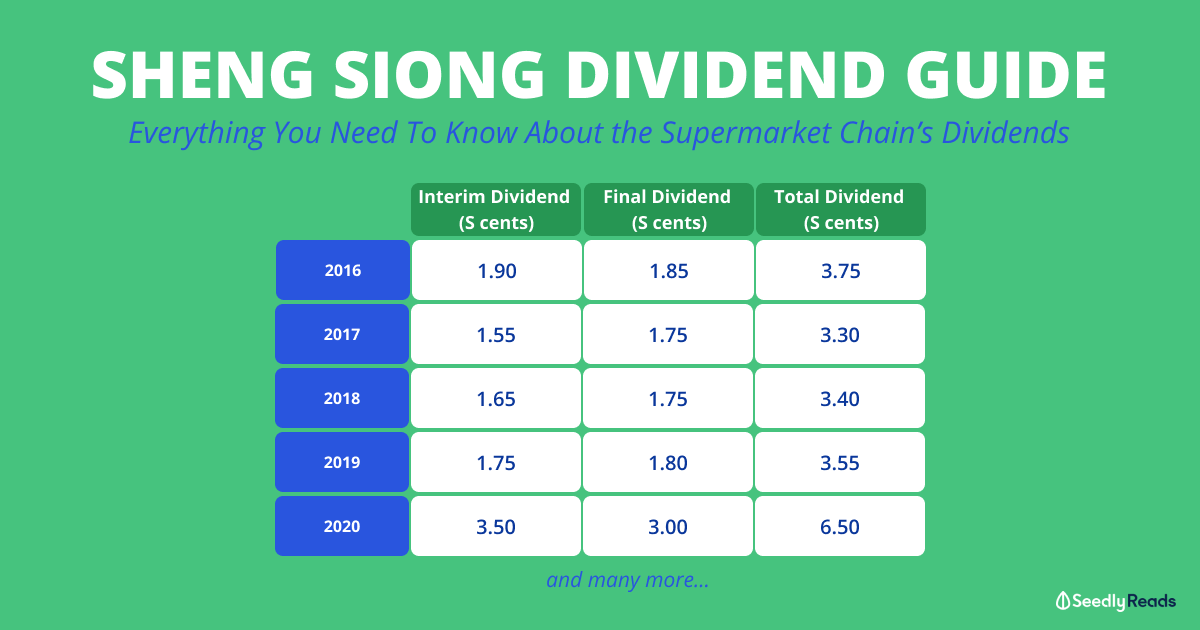Dividend portfolios are workable - after all they are part of the income investing strategy. Not only can they provide regular incomes, they also can be reinvested to purchase more stock to reap the compounding effect of capital gain/more dividend payout over the long term.
Regarding pitfalls: Dividends are not compulsory and can be cut off any time at the discretion of the firm. Of course it is in the interest of the firm to maintain steady and attractive dividends to not only give investors confidence as well as retain them, but it never is an obligation for them to pay out (other than perhaps, preferred stock) unless they declare them. So, if you do not diversify well enough and perhaps have too much of your portfolio in a big loser, like Kraft Heinz (NASDAQ:KHC) that recently slashed their dividends, you could see alot of your income cut away.
In terms of rebalancing, it depends on your age: if you are at quite a late stage of your life at about maybe say, late 60s or 70s, there isn't much need to rotate fully out of theses stocks, but since equities do have risk of capital losses and you are looking at wealth preservation, perhaps rotation into safer US treasury 10 year bonds or SGSs is a good idea. If you are younger and looking for capital appreciation, perhaps look towards reinvesting the dividends into growth stocks such as emerging market mid cap stocks.
Generally i think a full dividend portfolio has relatively less emphasis on capital appreciation so you may not gain much from rise in price of stock, but it all really depends on your investment goal. If you want more capital gain -- rotate out to more riskier growth equities. If you are fine with regular income to supplement your salary -- dividend portfolios are fine, barring of course, fixed income portfolios which work as well + almost principal guaranteed if held to maturity (for most IG bonds)








Dividend portfolios are workable - after all they are part of the income investing strategy. Not only can they provide regular incomes, they also can be reinvested to purchase more stock to reap the compounding effect of capital gain/more dividend payout over the long term.
Regarding pitfalls: Dividends are not compulsory and can be cut off any time at the discretion of the firm. Of course it is in the interest of the firm to maintain steady and attractive dividends to not only give investors confidence as well as retain them, but it never is an obligation for them to pay out (other than perhaps, preferred stock) unless they declare them. So, if you do not diversify well enough and perhaps have too much of your portfolio in a big loser, like Kraft Heinz (NASDAQ:KHC) that recently slashed their dividends, you could see alot of your income cut away.
In terms of rebalancing, it depends on your age: if you are at quite a late stage of your life at about maybe say, late 60s or 70s, there isn't much need to rotate fully out of theses stocks, but since equities do have risk of capital losses and you are looking at wealth preservation, perhaps rotation into safer US treasury 10 year bonds or SGSs is a good idea. If you are younger and looking for capital appreciation, perhaps look towards reinvesting the dividends into growth stocks such as emerging market mid cap stocks.
Generally i think a full dividend portfolio has relatively less emphasis on capital appreciation so you may not gain much from rise in price of stock, but it all really depends on your investment goal. If you want more capital gain -- rotate out to more riskier growth equities. If you are fine with regular income to supplement your salary -- dividend portfolios are fine, barring of course, fixed income portfolios which work as well + almost principal guaranteed if held to maturity (for most IG bonds)